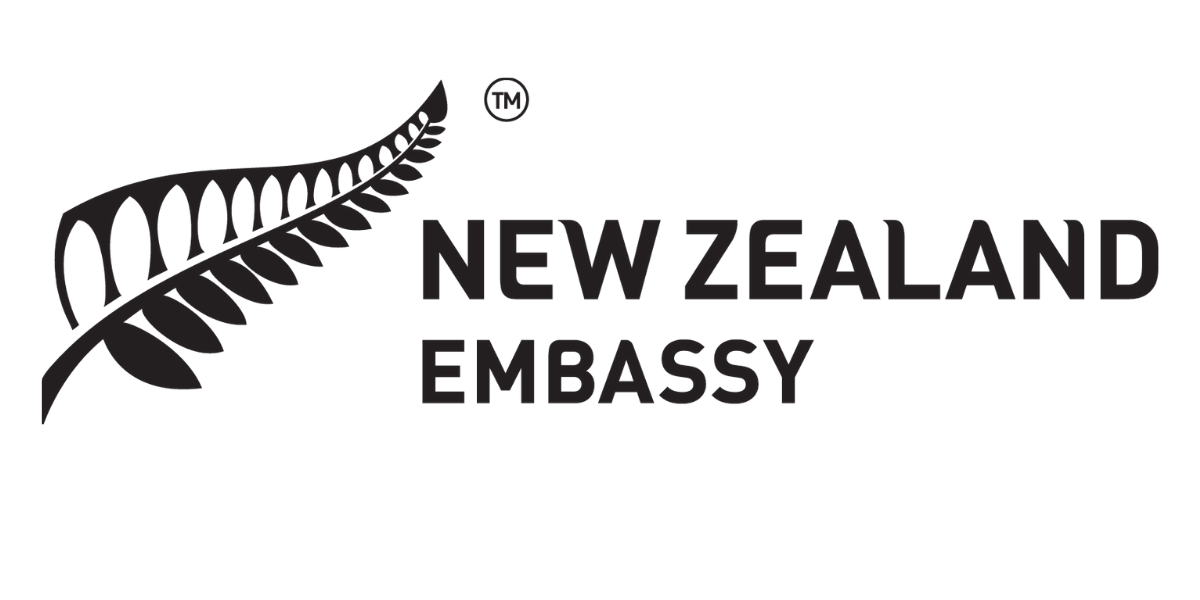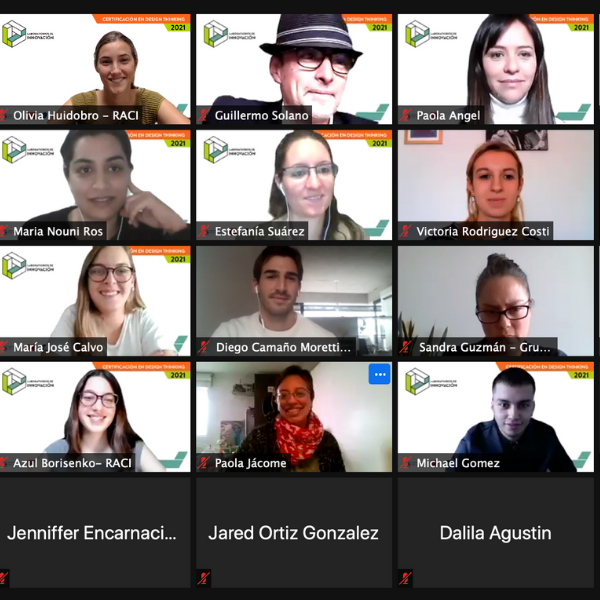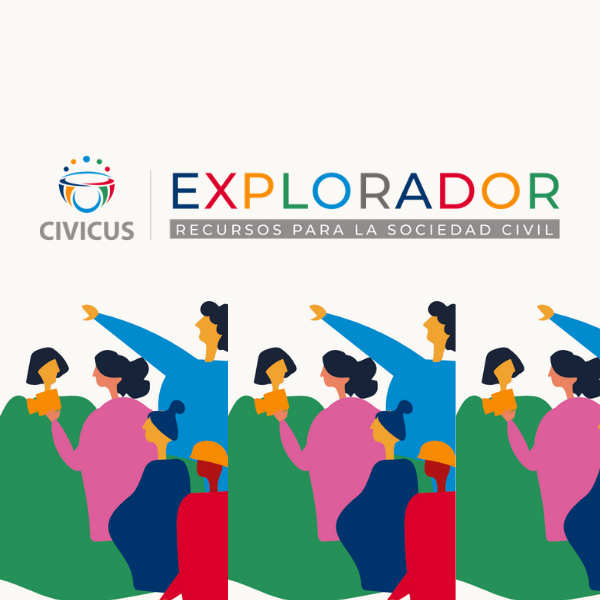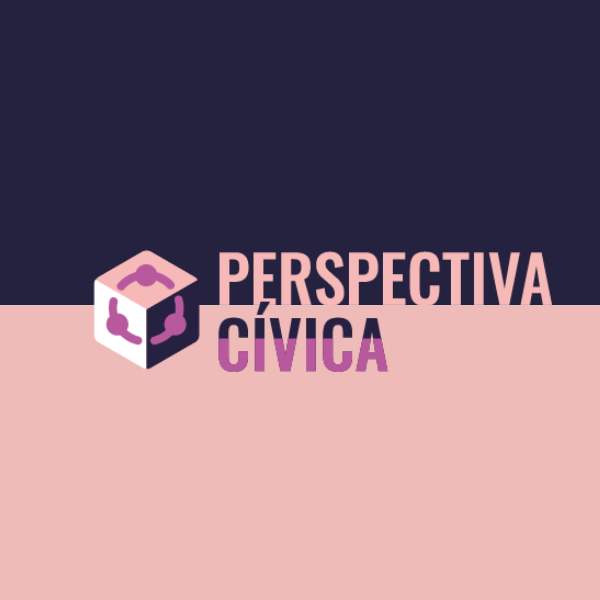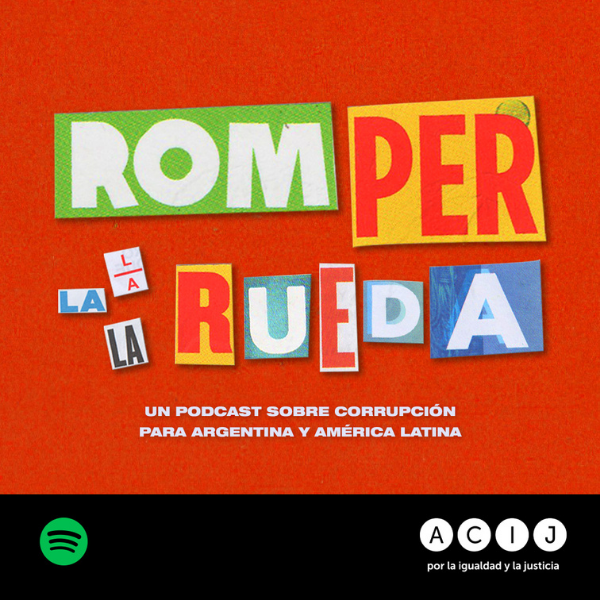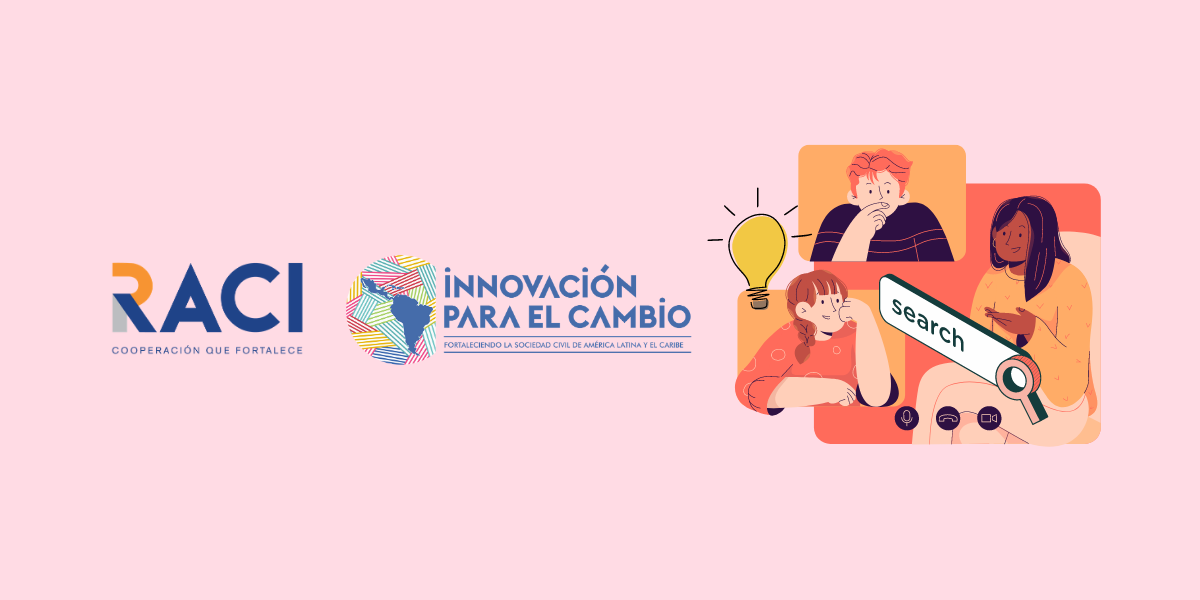In 2020, RACI collaborated with the co-management of the Fund of the New Zealand Embassy of Argentina and Paraguay.
RACI received and evaluated a total of 299 (two hundred ninety-nine)[1] project proposals from both countries. The majority received came from Argentina, with 270 (two hundred seventy) project proposals, while from Paraguay 29 (twenty-nine) projects proposals were received.
RACI evaluated all proposals with the same evaluation system, analyzing the following categories: profile of the organization, viability of the project, characteristics of the project, rigorousness of the project and analysis of the budget.
The majority of project proposals received in Argentina, 212 (two hundred and twelve) in total, corresponded to the topic “Social & economic inclusion”, followed by “Gender equality” with 138 (one hundred thirty-eight) projects. The topics “Climate change and resilience” and “Social and health issues related to the COVID-19 pandemic” received 99 (ninety-nine) projects each. Fewer proposals were received for the topic “Strengthening democratic institutions and citizen participation”, 47 in total. In the case of Paraguay, the majority of the projects received corresponded to “Gender equality”, with 20 (twenty) projects submitted, followed by “Social and economic inclusion”, with 19 (nineteen) projects, and “Social and health issues related to the COVID-19 pandemic”, with 17 (seventeen) projects.
Upon completion of the project evaluations, the organizations selected by the New Zealand Embassy were Asociación Fe y Alegría Paraguay, Fundación 500RPM para el Desarrollo de las Energías Renovables, Fundación Huellas para un Futuro, Fundación Techo Argentina y Voy con Vos Asociación Civil.
Each organization presented innovative projects, strongly committed to improving the quality of life of its inhabitants in the different areas proposed by the New Zealand Embassy Fund.
Asociación Fe y Alegría Paraguay presented the project “Teko ka´avo Green and artisan micro-enterprises” in response to the problem of high rates of poverty and extreme poverty in peri-urban areas of the country, associated with the prevalence of informal work, seeking to reduce it through sustainable enterprises.
Fundación 500RPM para el Desarrollo de las Energías Renovables presented the project “Renewable energy to drive the development of Patagonia’s Mapuche communities: access to water for sustainable family farming” that seeks to strengthen the economies of family farming through access to water with renewable energies for productive uses of high nutritional and commercial value, in technically and financially sustainable productive units.
Fundación Huellas para un Futuro presented the project “PHASE III – Sustainable Agricultural Production. Product marketing with added value for the benefit of rural families and indigenous communities of Kaa’guy Porá”, dedicated to completing the infrastructure (enclosure of the shed and water drilling) to complete the registration procedures that will allow the commercialization of the agro-ecological production of local residents and indigenous communities.
Fundación Techo Argentina, presented the project “Improving Our Humble Neighborhood”, that seeks to guarantee the improvement in the conditions of accessibility to the community of Villa Avalos in terms of circulation and the environment, contributing to the social production of reducing inequality gaps and enhancing the organizational practices of the worktable.

